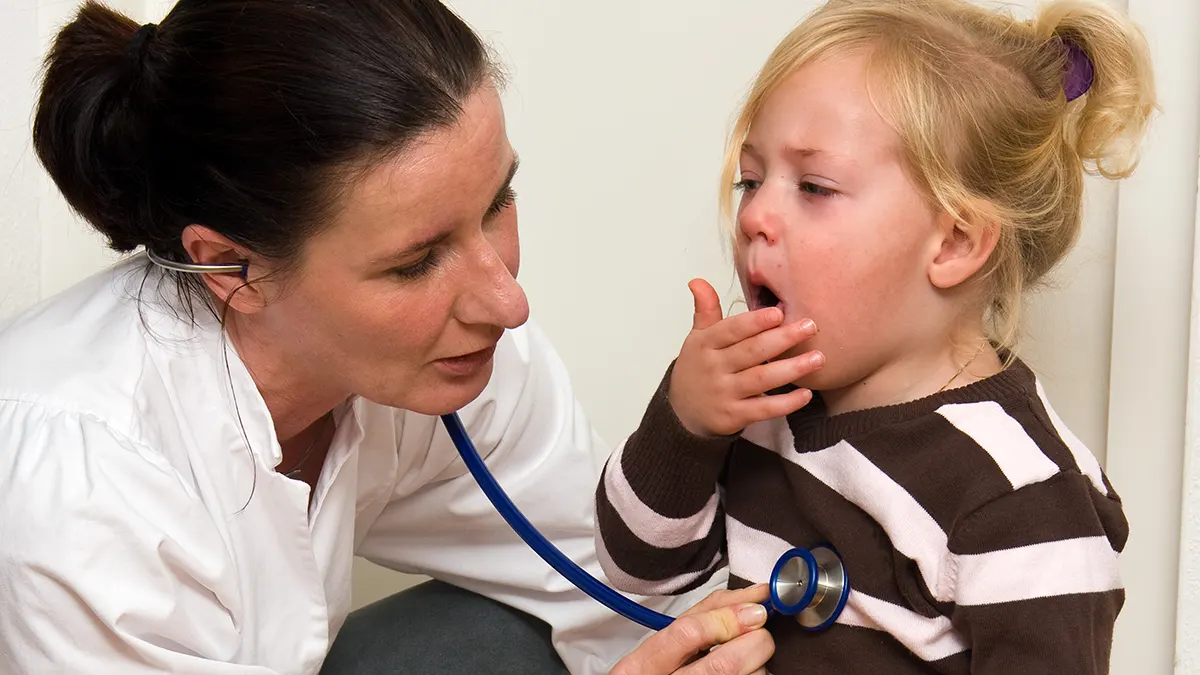YetAnotherNontrad
New Member
- Joined
- Apr 1, 2025
- Messages
- 5
- Reaction score
- 7
- Points
- 11
- Pre-Medical
Hey y'all, I'm new here and a little intimidated by the application process and am hoping for advice/guidance/reassurance.
I'm an aerospace engineer and have worked in this field ever since graduating in 2019. I currently work on human spaceflight projects. I started pursuing medicine in April of last year while continuing to work full time.
I'm currently volunteering with hospice two hours per week (have been since April 2024) and really enjoy it. I'm up to about 100 hours. I just visit patients and talk/listen which I've heard counts as clinical volunteering? I'm not 100% clear on that.
I'm taking my prerequisites (non degree seeking) at a 4 year university in my city. I've only been taking one course and its corresponding lab per semester which is about as much as my schedule can handle. I have all the physics, math, english and psych/sociology credits from my undergrad. My GPA for my aerospace degree was 3.90 so from what I understand I should just need the remaining pretequisites (orgo, biochem and biology) and won't need to boost my GPA.
I'm aiming for a state school and want to do primary care (family medicine or internal medicine), but I'm also kind of interested in endocrinology. I expect to be done with prerequisites by Spring of 2026. I plan to take the MCAT in September 2026 (or January 2027 if I'm not prepared) and then apply in 2027.
I'm struggling to find shadowing opportunities and have been trying to shadow my GP, but she works for a healthcare group that isn't friendly to premed shadowing. She's been trying to work her network to get me an opportunity and gave me a few names (which I really appreciate), but so far no luck. Is it just a matter of calling a ton of different practices and hoping someone takes me in?
If there are any glaring issues with my approach/things you think I should watch out for, please let me know.
I'm an aerospace engineer and have worked in this field ever since graduating in 2019. I currently work on human spaceflight projects. I started pursuing medicine in April of last year while continuing to work full time.
I'm currently volunteering with hospice two hours per week (have been since April 2024) and really enjoy it. I'm up to about 100 hours. I just visit patients and talk/listen which I've heard counts as clinical volunteering? I'm not 100% clear on that.
I'm taking my prerequisites (non degree seeking) at a 4 year university in my city. I've only been taking one course and its corresponding lab per semester which is about as much as my schedule can handle. I have all the physics, math, english and psych/sociology credits from my undergrad. My GPA for my aerospace degree was 3.90 so from what I understand I should just need the remaining pretequisites (orgo, biochem and biology) and won't need to boost my GPA.
I'm aiming for a state school and want to do primary care (family medicine or internal medicine), but I'm also kind of interested in endocrinology. I expect to be done with prerequisites by Spring of 2026. I plan to take the MCAT in September 2026 (or January 2027 if I'm not prepared) and then apply in 2027.
I'm struggling to find shadowing opportunities and have been trying to shadow my GP, but she works for a healthcare group that isn't friendly to premed shadowing. She's been trying to work her network to get me an opportunity and gave me a few names (which I really appreciate), but so far no luck. Is it just a matter of calling a ton of different practices and hoping someone takes me in?
If there are any glaring issues with my approach/things you think I should watch out for, please let me know.


